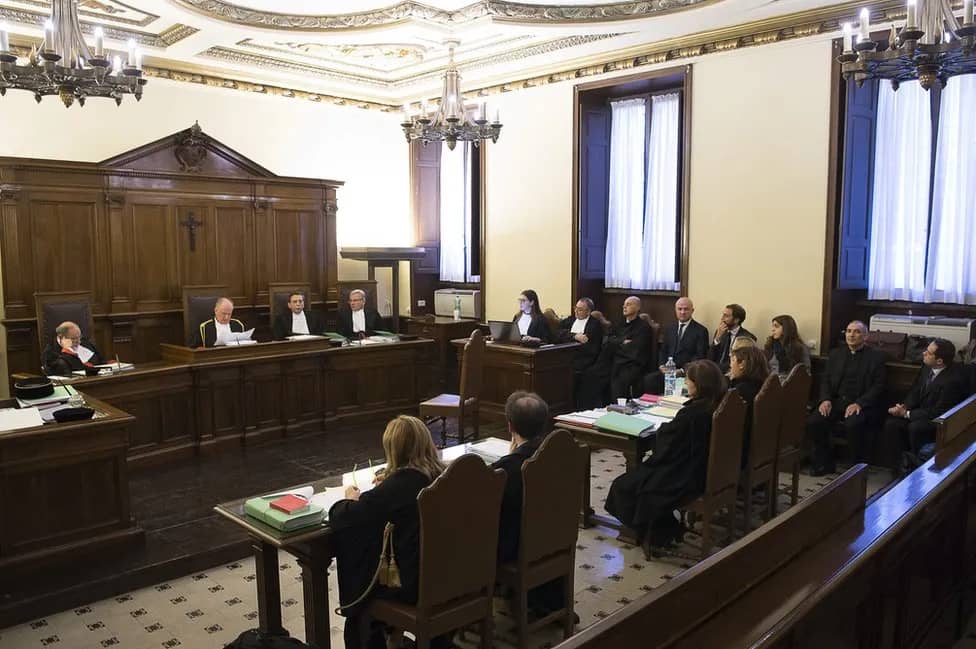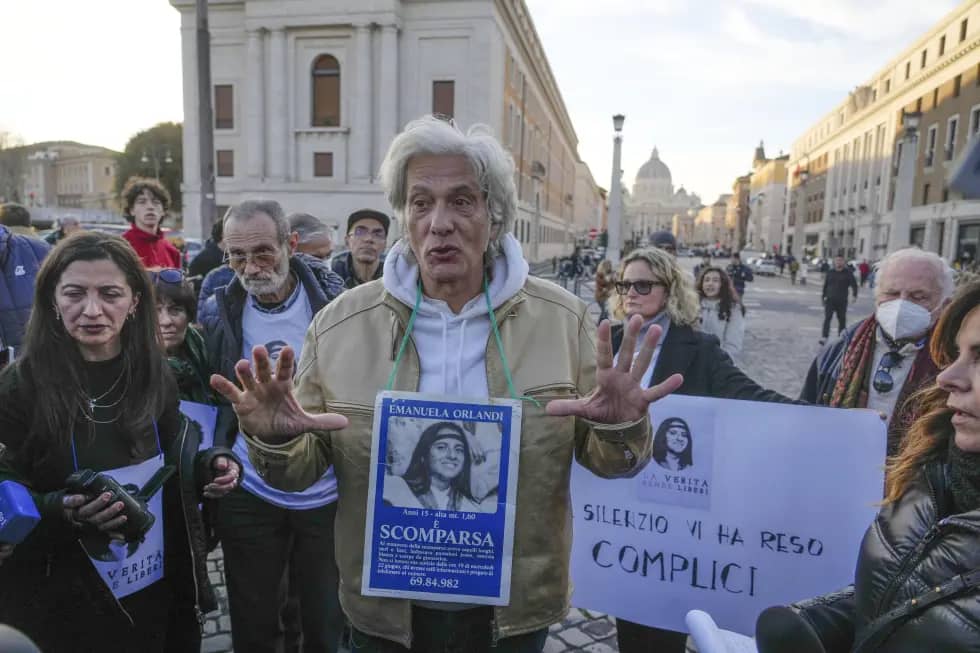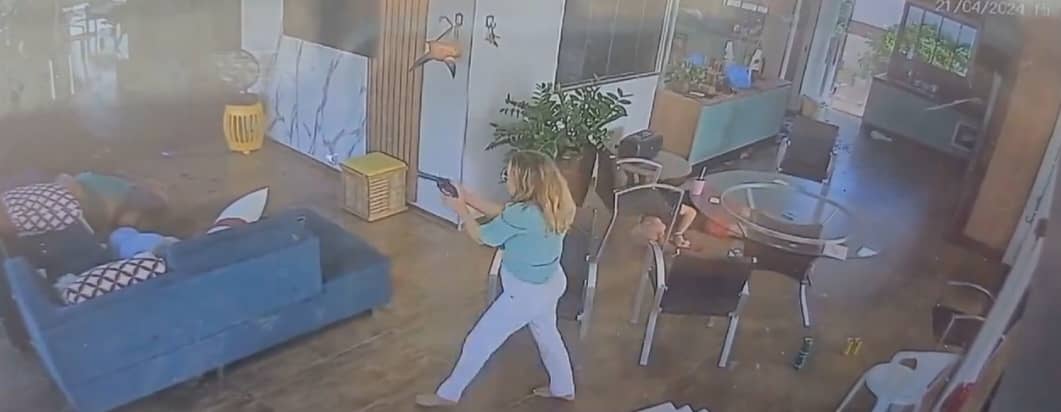ROME – Vatican Secretary of State Cardinal Pietro Parolin has stressed the Holy See’s ongoing willingness to assist in negotiations in the war in Ukraine and has condemned any justification of the conflict on the basis of Christian values.
“Every war, as an act of aggression, is an action against human life and is therefore a sacrilegious act,” Parolin said, speaking in an interview with Italian newspaper La Stampa published Saturday.
“Consequently, no justification can be found in the word of God, which is always the word of life, not of death,” he said.
The comment was in reference to remarks made by Russian Orthodox Patriarch Kirill appearing to use scripture to defend Russia’s invasion of Ukraine and the ongoing war.
Since the beginning of the war, Kirill has made several statements defending Russian President Vladimir Putin and his decision to invade Ukraine and has implied that the conflict is a holy war of sorts being waged against western secularism.
In a March 6 sermon, Kirill suggested the West’s violation of “God’s law” provided divine justification for the war, and cited Ukraine’s acceptance of gay rights and pride parades as examples of behavior at odds with God’s laws and teaching.
“This is a sin that is condemned by the Word of God – both the Old and the New Testament,” he said during the sermon.
Asked about the role that the West’s apparent moral decline and growing secularism plays in the Russia-Ukraine war, Parolin in his interview said, “It is undeniable that today’s world is trying to promote an anthropology that deviates from the Christian vision and is reflected in the ‘new rights’ based on an exclusively individualistic approach.”
The Catholic Church, he said, is aware of the “grave risk” this entails in terms of the defense and promotion of human dignity and is concerned about the trend.
“However, the way of countering this phenomenon on the part of Christians can never be violent, and still less armed, but it must be inspired by what Jesus himself taught, an ever more credible proposal of the evangelical truth about the world, about man and God,” Parolin said.
Asked if peace can ever be achieved with weapons, Parolin quoted an ancient Roman phrase, Ubi solitudinem faciunt, pacem appellant, meaning, “Where they make a desert and call it peace.”
“Wars show us precisely this sad truth: the ‘peace’ to which they lead is that of the desert, or rather, I dare say, the peace of the cemetery, because it was built on the rubble of many destructions, especially of human lives,” he said.
Because of this, peace cannot be achieved with weapons, but “can only be achieved by giving up arms,” he said, adding, “Unfortunately, the readiness for peaceful conflict resolution is often inversely proportional to one’s military strength.”
Referring to Kirill’s vocal support of the war, Parolin repeated Pope Francis’s prayer during his Easter Urbi et Orbi address, in which he said, “Dear brother, may the Holy Spirit transform our hearts and make us true peacemakers.”
As the number of civilian casualties continues to climb in Ukraine, the number of those attempting to flee the war-torn country has also increased. An estimated 11 million people are believed to have left their homes since the conflict began Feb. 24, with around 5.3 million fleeing to neighboring countries, and some 6.5 million who are internally displaced, according to the International Organization for Migration (IOM).
Parolin said the Holy See’s diplomatic efforts in the war are directed to the pursuit of restoring peace “at all levels.”
He stressed the openness of the Holy See to assisting in negotiations, specifically for the creation of humanitarian corridors allowing civilians to safely evacuate conflict areas.
“The key words for the Holy See are respect for human life and willingness to negotiate,” he said.
Noting that a planned meeting between Pope Francis and Kirill for the summer has been ‘suspended,’ Parolin said preparations had been going well, but “it was ultimately deemed appropriate to cancel it, because it could have created a lot of confusion.”
“I imagine that until the current situation experiences positive developments, it will remain suspended,” he said.
Parolin also touched on a potential papal visit to Kyiv, which Pope Francis himself on his return flight from Malta said was “on the table.”
“The Holy Father is ready to do everything in his power to put an end to the war in Ukraine and has for some time been carefully considering the possible formulas,” Parolin said, saying a visit to Ukraine is being discussed, “but its fulfillment is conditioned on the possibility of favoring a real improvement of the situation in the country.”
“A trip would make no sense if, the next day, the war resumed as before,” he said, offering no further details about the status of the discussions or the actual likelihood of a papal visit to Kyiv.
Referring to the pope’s controversial decision to have a Ukrainian and Russian woman carry the cross together during his Good Friday Via Crucis at the Colosseum, Parolin said he saw the gesture as “scandalous” in the sense that it is “something humanly difficult to understand.”
“It was, at the same time, a sign of hope,” he said, saying, “In the mystery of the cross we find the power of love and forgiveness in the face of hatred and death. These seem to prevail, but the life and love of God are stronger.”
“The friendship that existed before the war and continues to exist even now between those two women, co-workers, is stronger than division and hatred. The war pretends to divide two peoples, who under the cross recognized themselves as brothers and sisters,” he said.
Follow Elise Ann Allen on Twitter: @eliseannallen
















